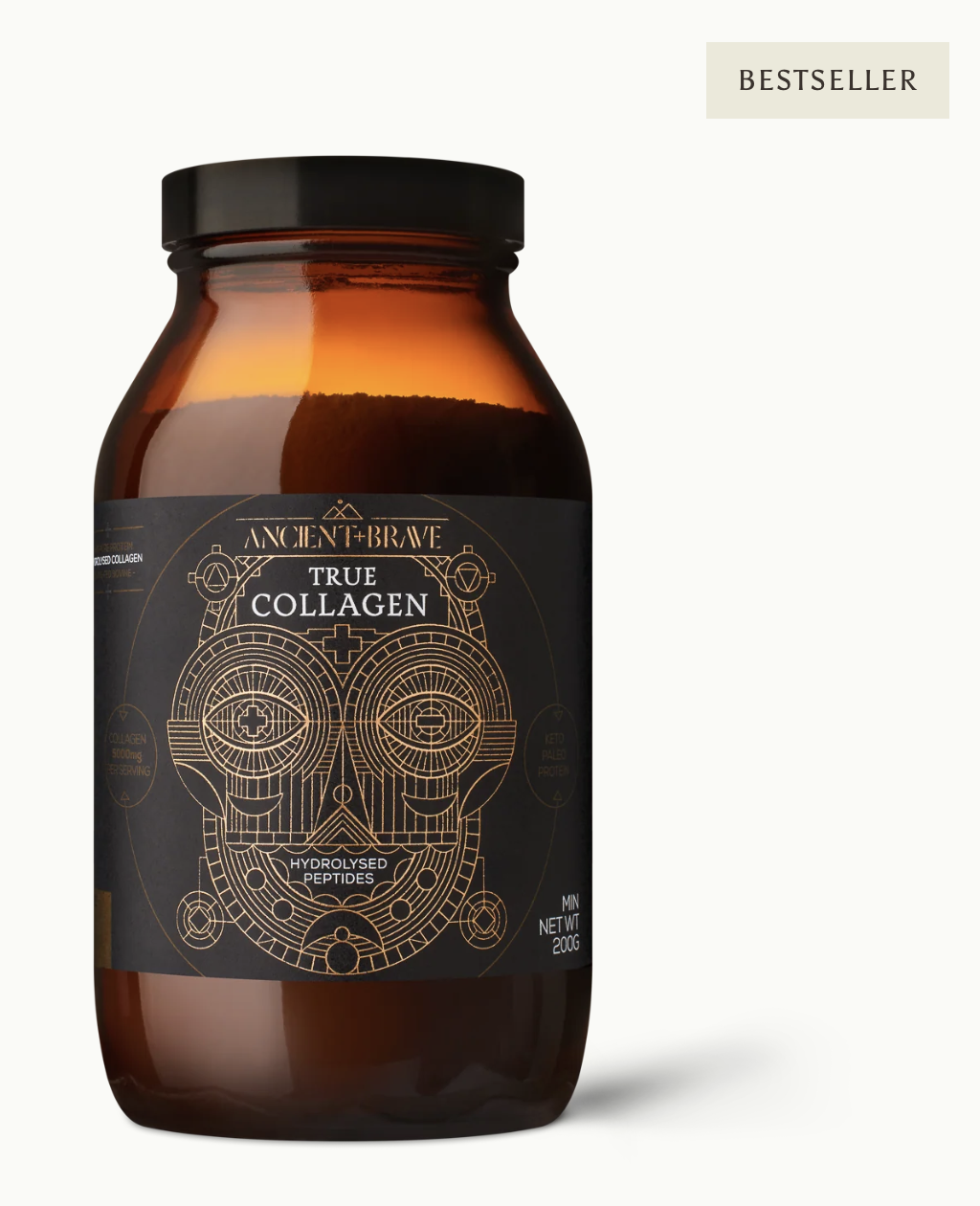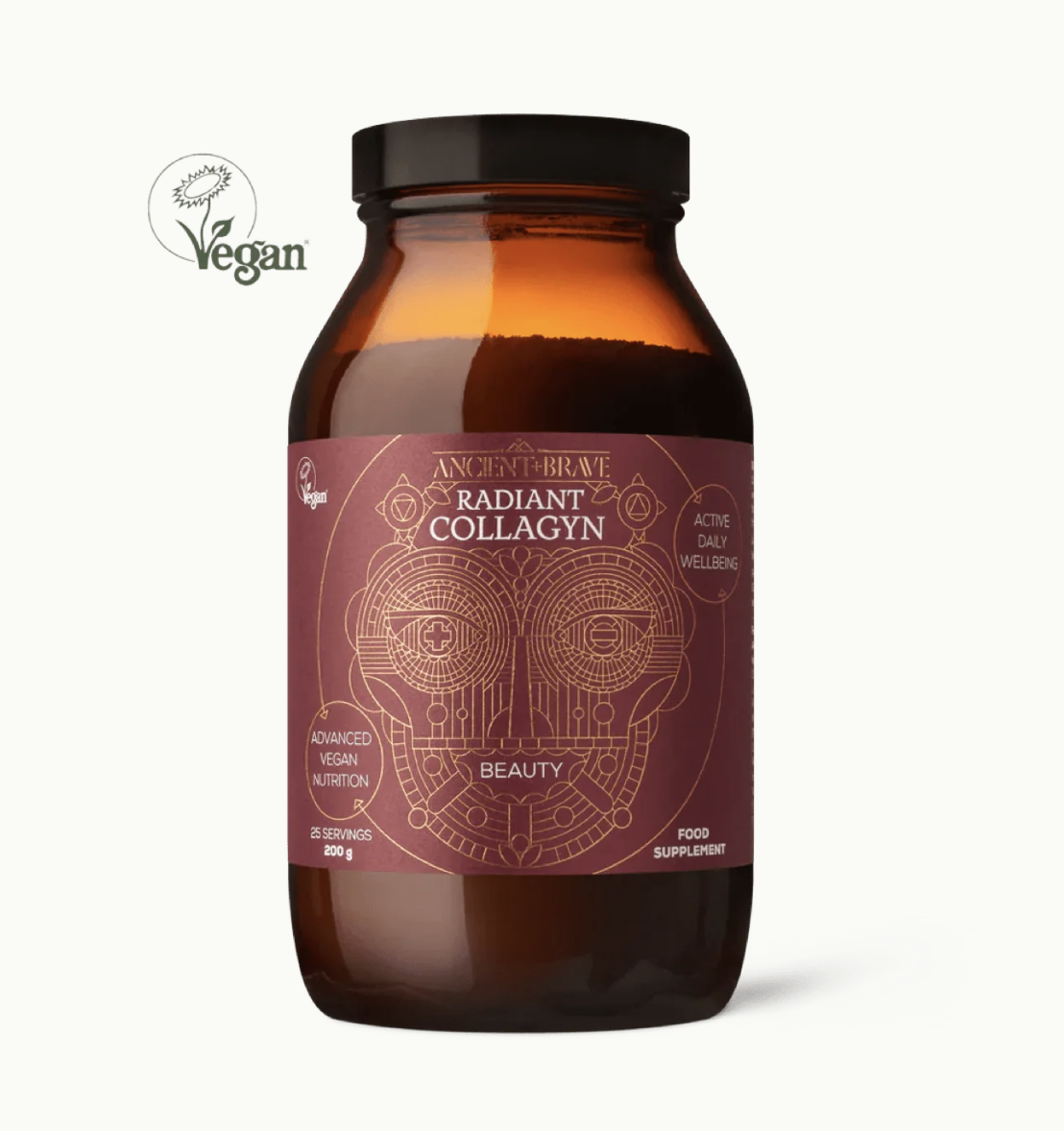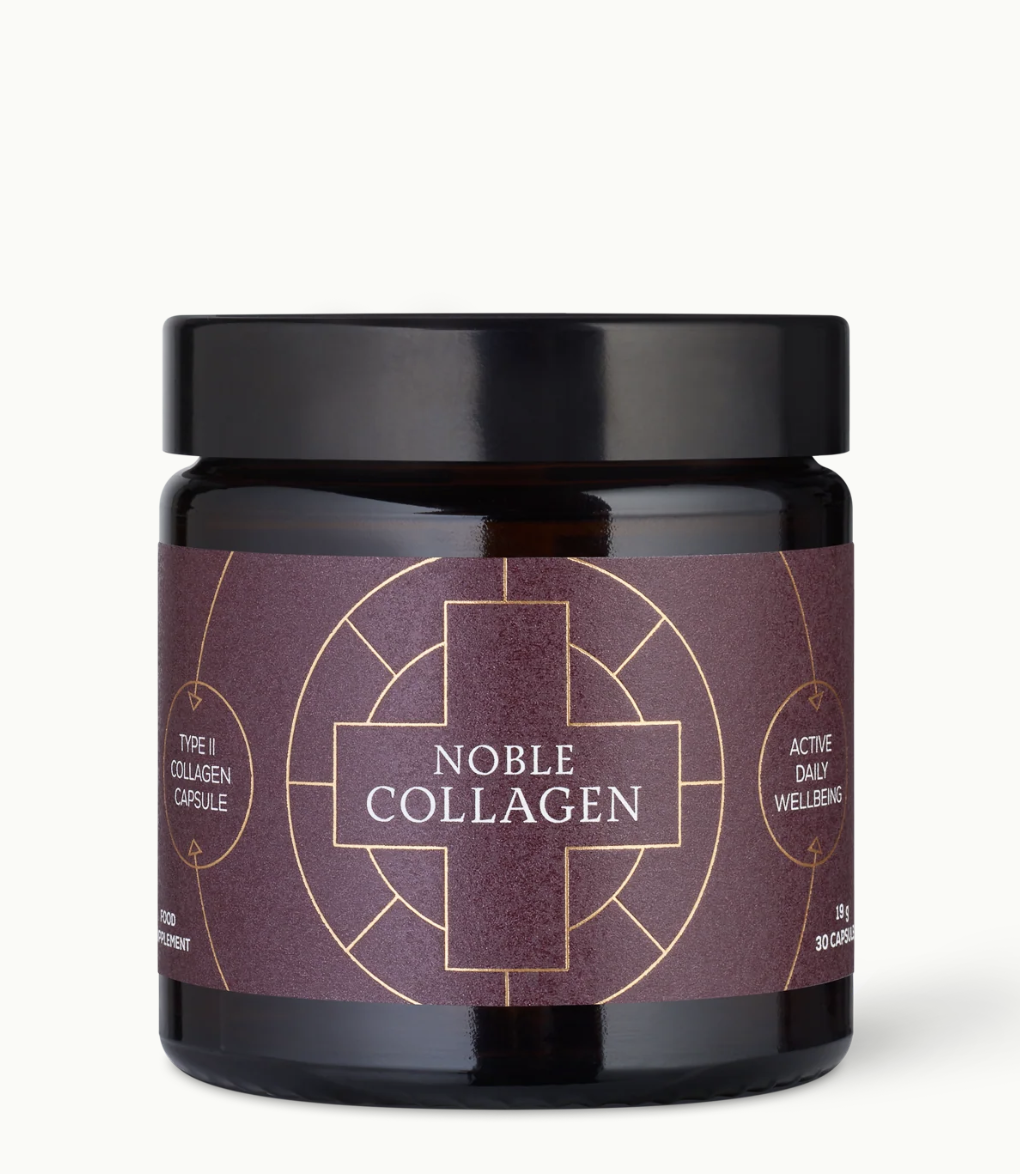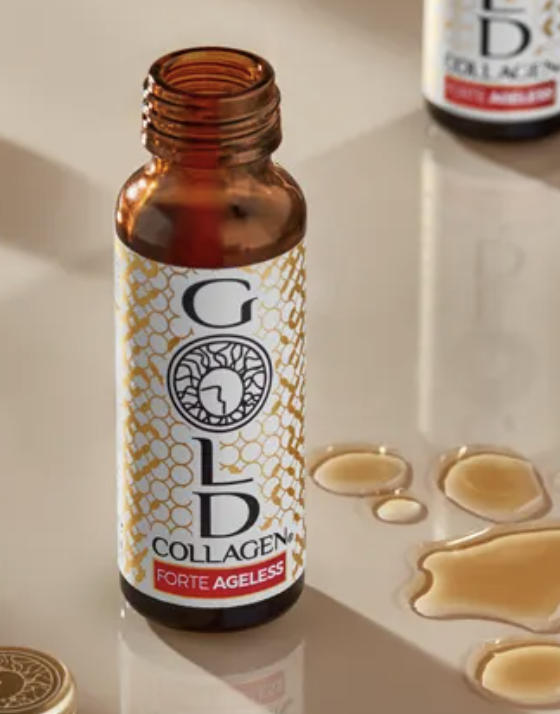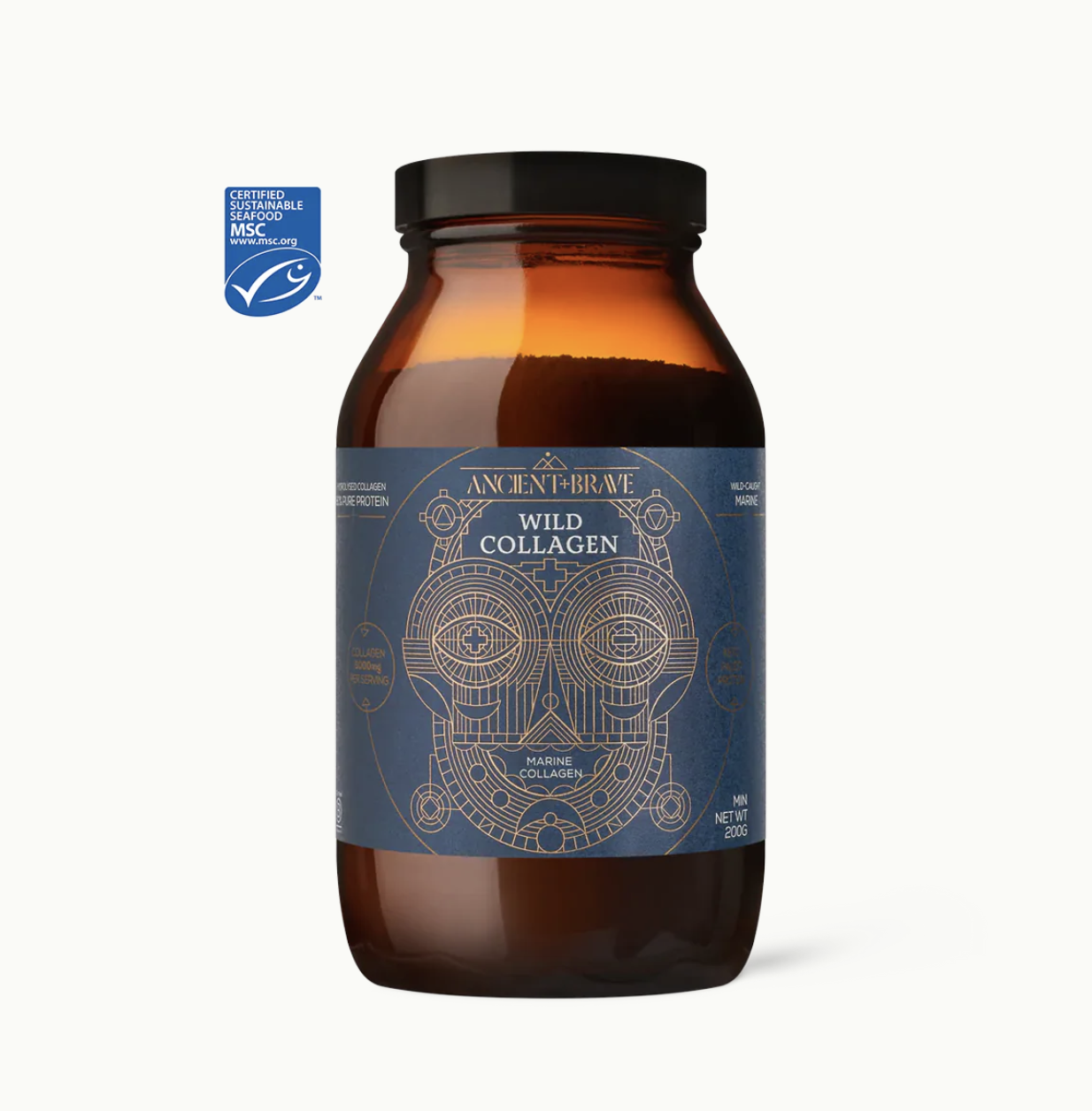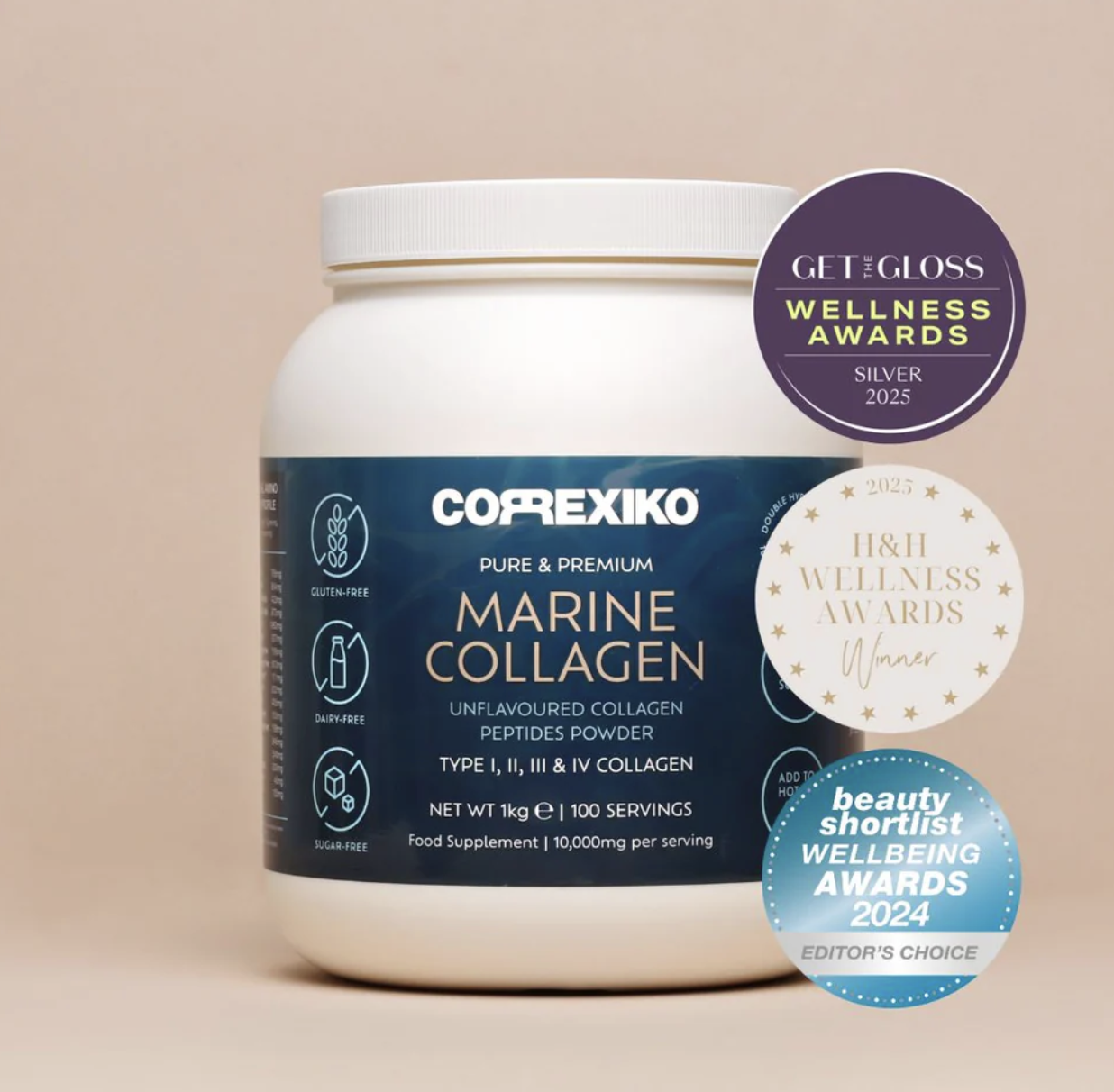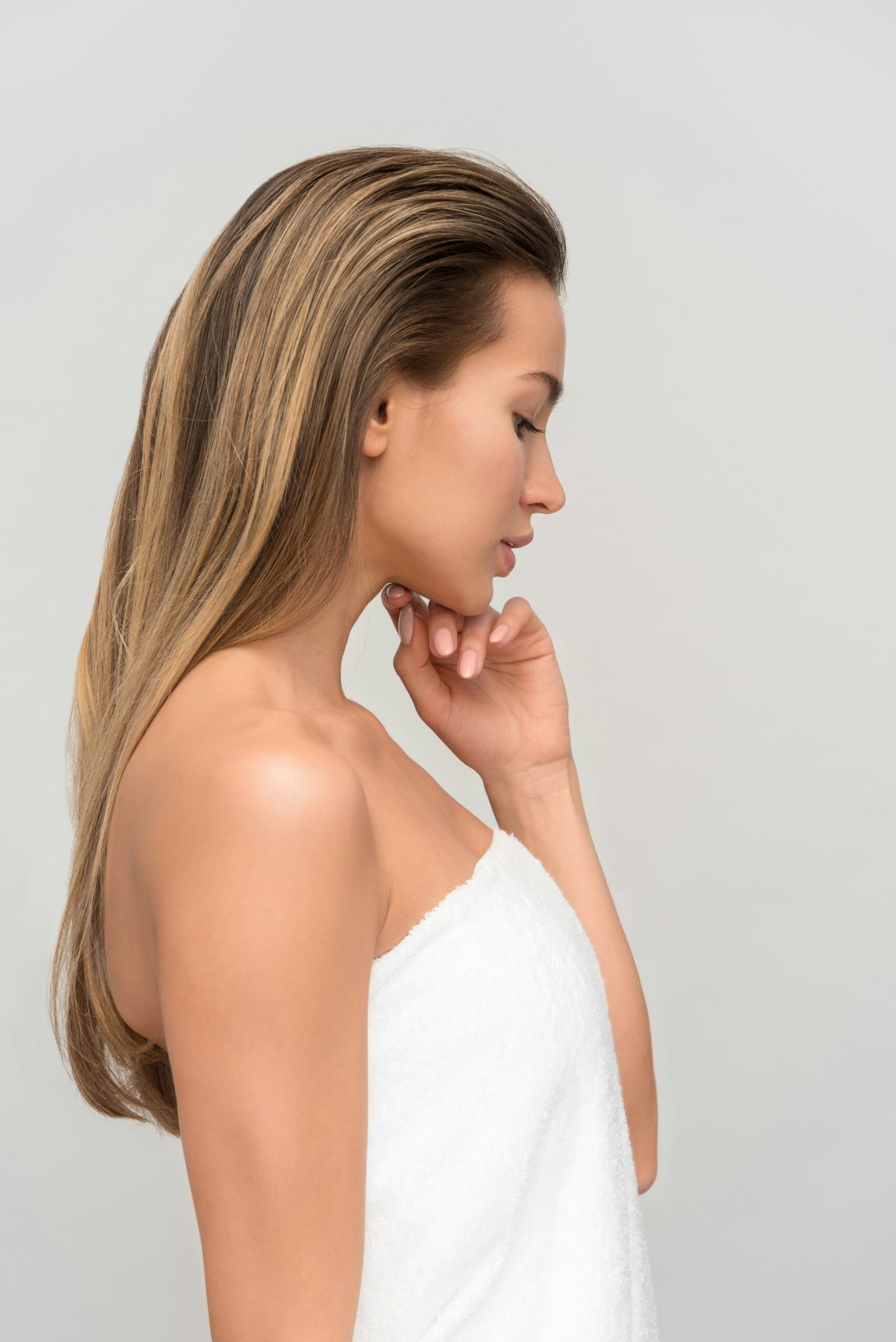
Collagen: The Truth Behind the Hype
What was once a quiet player in the specialist skincare world, it is difficult not to be aware of collagen products marketed everywhere. In recent years, collagen supplements have become mainstream, from capsules, powders and ready-to-drink formulas. The appeal to reverse the visible signs of ageing is all too obvious. Who would not want to be seduced by the possibility of glowing youthful skin and restoring the skin’s elasticity, reducing wrinkles, and improving the skin by stirring a powder into your morning smoothie?
It’s not difficult to understand the attraction, but as collagen supplements have grown in popularity, so has the scepticism. Does any of it work? Or are we just buying into another beauty dream, chasing something our skin can’t absorb or use?
Dermatologists are increasingly being asked to weigh in on the promise.
Consultant dermatologist Dr Derek Phillips says:
There’s growing interest in collagen, and some emerging evidence. But we also need to be realistic. Not everything we apply or ingest will reach the deeper layers of the skin, where collagen is most important. That said, some people do notice an improvement, particularly when collagen is part of a wider skin health routine.
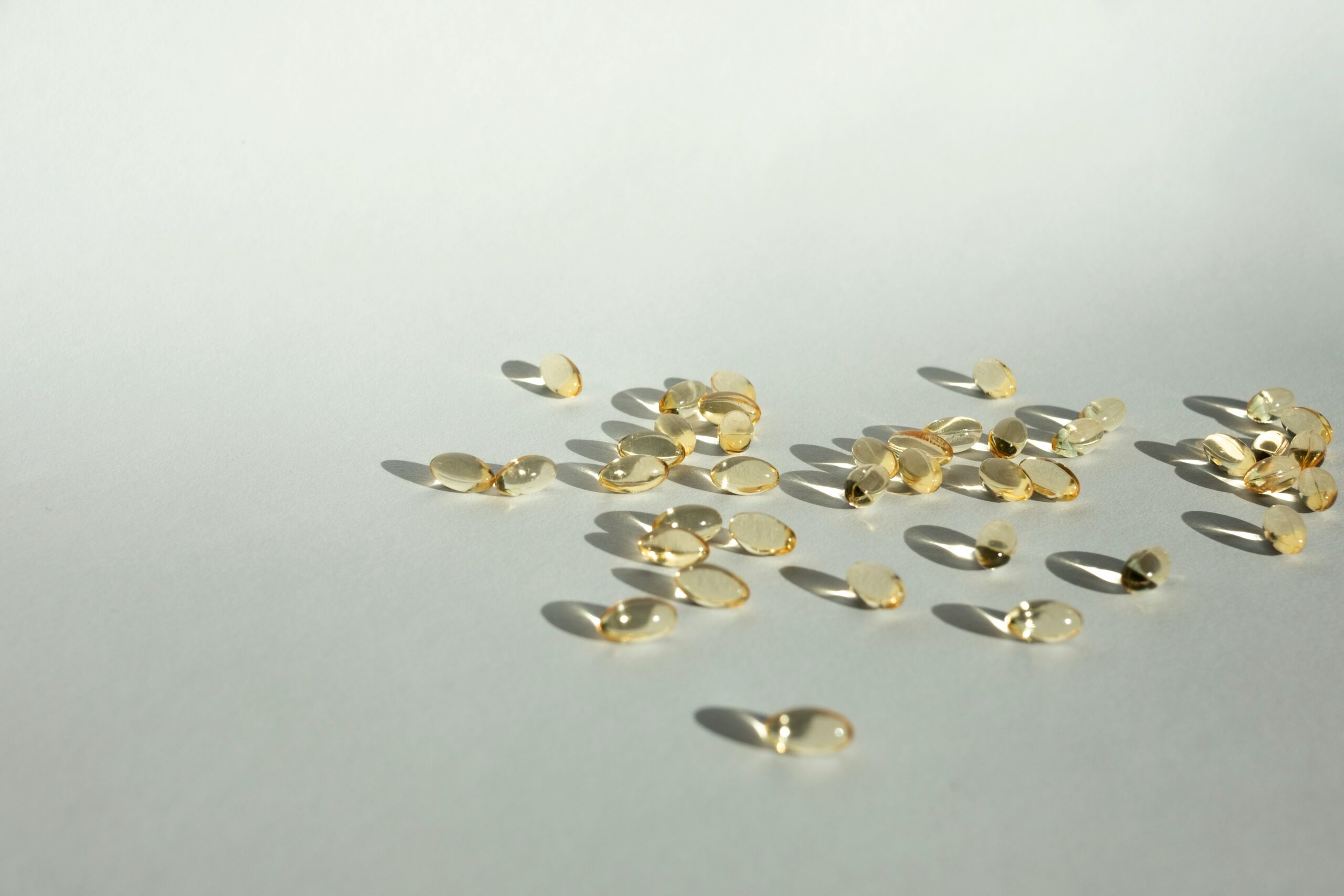
What is collagen, and why does your skin need it?
Collagen is the most abundant protein in the human body, responsible for maintaining the skin’s strength, elasticity, and firmness and ensuring they are resilient and flexible as we age. Acting as a scaffold, it is integral in maintaining bone and connective tissues, as well as connecting muscle, cartilage, and tendons. Collagen fibres are woven tightly in a framework, while collagen is plentiful. This is why a baby’s skin feels so soft and bouncy. However, from our mid-20s onwards, collagen production gradually declines. In our 30s, collagen depletes faster than the body can produce it, and by our 40s, it drops off sharply. Enter the menopause, and that acceleration increases further.
As oestrogen levels drop during menopause, so does our collagen formation. From studies, up to 30% dermal collagen is lost within the first five years of menopause and then at a rate of 2% per year. Collagen supplements can help relieve symptoms from hormonal shifts that are associated with menopause, such as hair loss, joint pain, dryness and skin elasticity.
While the production of collagen naturally slows with age, it can be hastened by lifestyle choices such as smoking, sun damage, pollution, excessive alcohol consumption, lack of sleep, and even stress. These can damage the natural collagen fibres, leading to wrinkles, fine lines, and sagging skin. By replenishing collagen levels, can we help combat these signs of ageing and promote healthy hair, skin and bones?
Central to the theory that ageing skin is reflected in the loss of collagen, surely a supplement of collagen is a straightforward answer in aesthetic medicine?

Hope in a Bottle
There is a wide range of collagen supplements available on the market; liquids, shots, gummies, powders and tablets. The most common ones include bovine, marine and vegan. Although only actual collagen is sourced from animals, and therefore vegan collagen is merely a combination of collagen-boosting ingredients, such as amino acids, vitamin C, and minerals.
Marine collagen is often promoted to improve skin and hair, while bovine collagen tends to support joint comfort and ease physical stresses on the joints. We naturally obtain collagen from a diet rich in meat, poultry, fish, eggs, vegetables, and soy; yet many of us have turned to collagen supplements for a collagen boost.
Collagen in nature is a large and complex protein molecule that is too large to be absorbed into the gut wall. Hydrolysed collagen has been through a process of hydrolysis to break down the large protein into peptides that make it more soluble and bioavailable, meaning they are easier to be digested and absorbed into the body. Once ingested, these peptides are transported through the bloodstream to support the natural collagen-making process. By reaching the dermis from within, oral supplements support a good argument for a more likely restoration of collagen synthesis and affect the skin’s ageing process.

What the research tells us
Over recent years, small-scale clinical studies have investigated the effects of daily collagen peptide supplements on restoring signs of elasticity, hydration, and wrinkle reduction. Studies are still relatively limited, and research into purchasing from a reliable source that undergoes third-party trials is important so that you are not buying a biased opinion. Choosing a quality supplement backed by clinical research is more important.
While it is challenging to isolate the specific products within the supplement formula that may be improving the skin, there are promising results occurring. Clinical studies have found reports of stronger nails, improvements in skin firmness and healthier hair. Some studies have found improvements in the skin’s natural production of collagen.
So, while collagen supplements may offer benefits, they are not miracle workers. Some improvements may stem from increased protein intake generally, rather than collagen specifically. Collagen supplements will work best when combined with a healthy lifestyle. Eating a diet rich in Vitamin C can help promote effectiveness for essential collagen synthesis and maintain a healthy intake of vitamins A, E and D from foods to support the skin’s health.

As with anything in nutritional science, there are many variables to consider and many much needed hurdles to overcome. However, with now more than a few decades of research since the method of hydrolysation allowed scientists to create hydrolysed collagen peptides, we are beginning to see bigger and more robust trials, studies and meta analysis of all the data we are gathering with exciting and promising results for our future health.
Jo Woodhurst, Director of Nutrition and Education at Ancient + Brave

So, is collagen worth it?
Collagen consumers often swear that the product helps their skin look and feel better. It appears that consistency is the key. You may see some benefits, but combining with healthy skin habits will do more in the long term. Frequent exposure to the sun and smoking can potentially undo the benefits of any supplements. Whether a collagen supplement is worthwhile depends on several factors, including the duration of use and its affordability. It’s your body which will predict how the peptides are used. Glowing skin does not come from a single ingredient, but with the proper knowledge and tools, we can confidently navigate ageing and maintain healthy, youthful-looking skin.
Here’s the truth that doesn’t get marketed nearly enough: the best thing you can do for your collagen is to protect what you already have.
Apply sunscreen daily to prevent further collagen loss caused by the sun’s UV radiation.
Avoid smoking and minimise air pollution.
Avoid excessive sugar, which leads to a process of glycation that weakens collagen fibres.
Introduce active ingredients like retinol and Vitamin C that boost collagen production and natural collagen synthesis.
Maintain a healthy intake of vitamins A, E and D from foods to support the skin’s health.
- Content from this article is provided as general information, and seeking advice from a healthcare professional or doctor is an important conversation to have to find what works best for you.
